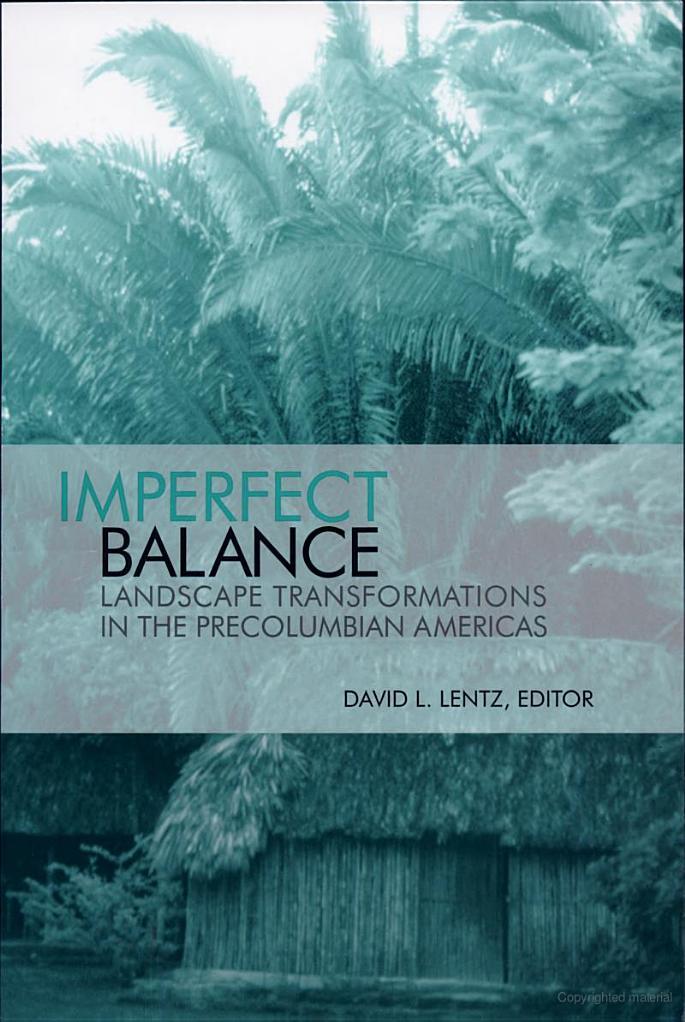Lentz, David L., ed. Imperfect Balance: Landscape Transformations in the Precolumbian Americas. New York: Columbia University Press, 2000. Imperfect Balance is the result of work by a diverse set of nineteen scholars, four of whom are specialists connected to The New York Botanical Garden. Writing from the disciplinary perspectives of anthropology, geochemistry, aquatic sciences, geography, archaeology, systematic botany, and biology, the authors collectively advocate the “new ecology,” which emphasizes, according to Denevan, “the instability of the biophysical environment and the dynamic flux that characterizes human interactions with their surroundings” (p. xviii). The volume features, among others, case studies on climatic change, a typology of prehuman vegetation, pre-Columbian practices of water and timber resource management, and agricultural practices in the Mississippi River Valley, as well as more wide ranging and theoretical investigations. There are four case studies examining North American environments (including the Sonoran Desert): three on the Andes, three on other South American locales, five on Central America and Mexico (including two on the Maya), and three which cross these geographical designations. (Text adapted from an H-Net review by Paul C. Rosier.)
Imperfect Balance: Landscape Transformations in the Precolumbian Americas
Lentz, David L., ed. | from Multimedia Library Collection:
Books & Profiles


